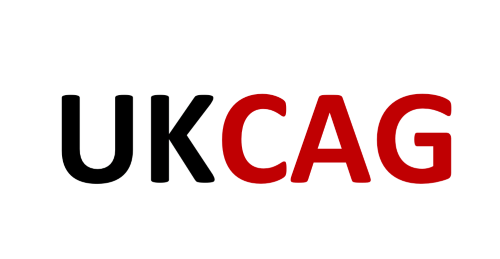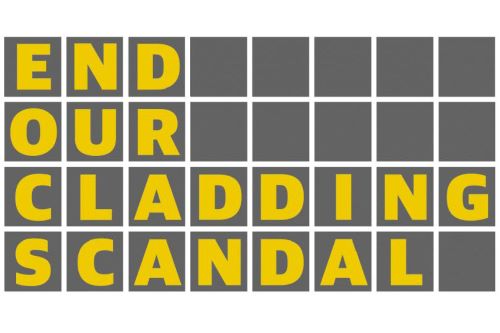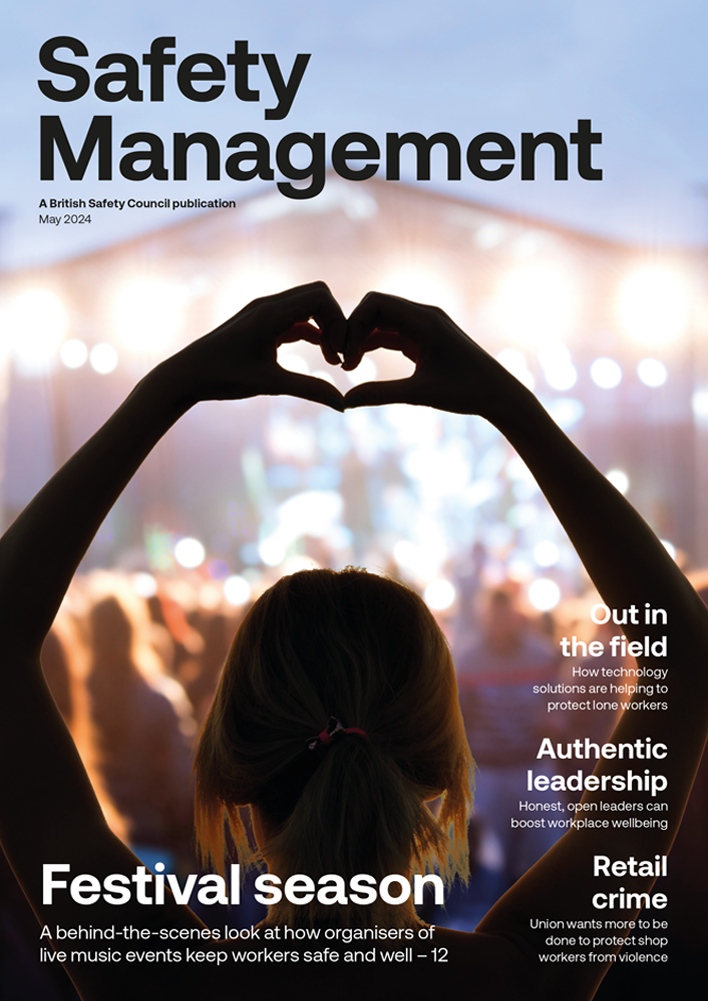Our safety, in every sense of the word, is very much in the news right now. Whether it’s wars in Europe or the Middle East, threats from terrorism or rogue states, the need to keep children safe online, or violence faced by shop keepers, the numbers and level of threats to our safety seem to rise exponentially every day.
Opinion
Why our world needs safety more than ever
Many people were stunned, and surprised, by the sheer scale of funding announced both by the UK and the US recently on future defence. A full £79 billion was promised by Rishi Sunak in the UK alone.
While the need to re-build our defences is clearly an inevitable consequence of real-world events, the UK Government has come under fire from those who say this isn’t entirely new money.
Whether or not it is misses the point. The very fact we find ourselves in a situation where we need to dig deep simply to recover lost resources means we have neglected to invest sufficiently, during a time when we were able to reap a so-called ‘peace dividend’. Had we made sure we invested better in kit, technology and headcount in that time, we may have been able to avoid such a hefty bill now.
When it comes to keeping our children safe online, governments around the world are also playing catch up. The Online Safety Act brought in by the UK Government was a welcome step forward, but followed many years of debate and delay, in which time new technologies like artificial intelligence (AI) have come on the scene. These bring a raft of new potential harms, including deep fakes, AI porn and even child sexual abuse material generated by AI.
Shop workers in the UK are coming under risk from acts of violence, abuse and thefts by the general public. Often this is being driven by people stealing to fund their drug habit, but also organised criminals as well as a general increase in abusive and violent behaviour towards those in public-facing roles. Covid and the rising cost of living is partly to blame, but as we move ever further away from the pandemic, we must look even deeper at the forces driving people to behave in this way, including a breakdown in social relationships.
None of these problems are easy to fix. All of them have developed over many years and in some cases follow periods of underspend, delay and inaction or neglect. If we had acted sooner, could we have either avoided, prevented or mitigated the problem?
 British Safety Council chief executive Mike Robinson: "Spending and investing time, energy and money up front is nearly always better than having to spend more later."
British Safety Council chief executive Mike Robinson: "Spending and investing time, energy and money up front is nearly always better than having to spend more later."
Safety professionals will recognise this question, which any risk assessment that organisations carry out and maintain as part of their Occupational Safety and Health (OSH) practice is designed to avoid.
When it comes to planning a nation’s defences, preventing online harms or reducing violence, however, these are more complex and systemic issues requiring a somewhat different approach.
This is precisely why something called Process Safety Management (PSM) was developed. PSM is used to identify and prevent the sort of catastrophic, systemic failures in industry that cause chemical leakages, explosions or disasters, which can then kill or injure many thousands of people and impact whole communities, sometimes with long-lasting and very costly consequences. It is for this reason that British Safety Council has recently expanded its PSM capacity and expertise in India.
The thinking is, if we can address the highest level risks in an industrial process or site, focus attention, investment and resources there, we not only avoid the worst from occurring, we also prevent having to spend even more when it does.
Spending and investing time, energy and money up front is nearly always better than having to spend more later. It also helps you spend less overall, by taking a systemic approach to analysing risk.
If our politicians could apply even a modicum of PSM thinking to the complex and systemic problems we now face, we’d not only be able to feel safer, the taxpayer would also save in the long run.
OPINION

A new Building Safety Remediation Scheme would hold developers and builders to account for all fire and building safety defects in homes
By The Earl of Lytton on 01 August 2023

England still lagging behind on fire safety in residential blocks
By Lucy Brown, affected leaseholder, UK Cladding Action Group on 01 July 2022

The building safety scandal: 90 per cent of affected flats are still unsafe
By Lucy Brown, affected leaseholder and supporter of the End Our Cladding Scandal campaign on 01 August 2023



